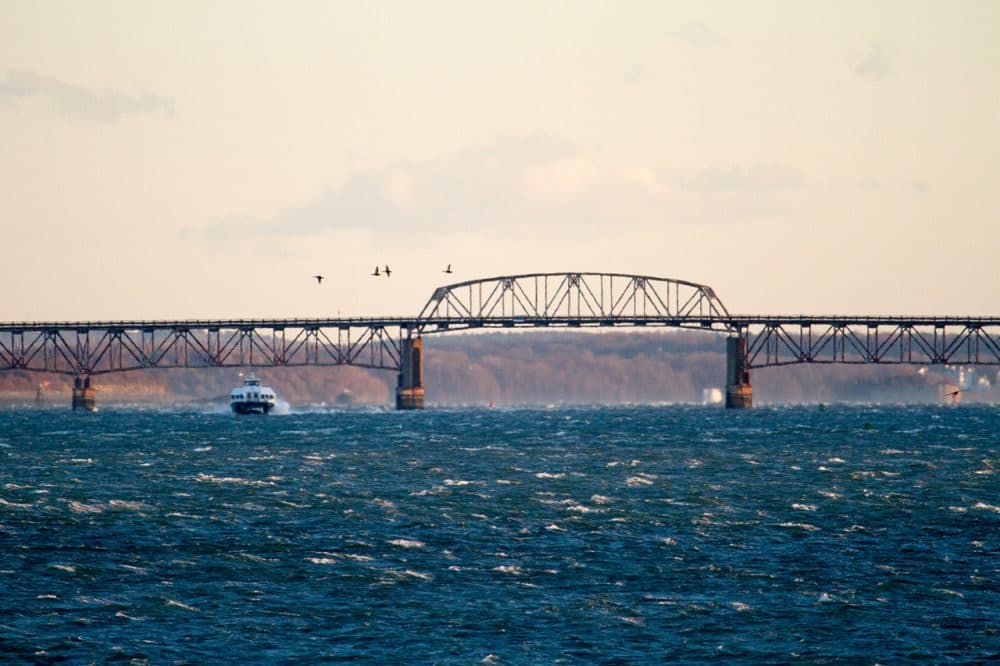Advertisement
A Year After Long Island Bridge Closure, Advocates Call For Replacement Of Lost Recovery Beds

One year after the closure of the only bridge to Long Island, which cut off access to Boston's biggest homeless shelter as well as substance abuse treatment services, advocates say more needs to be done to restore the more than 100 recovery beds that have not been replaced.
Advocates rallied at City Hall and at the State House Thursday. Among them was Brenda Jarvis, who was staying at a shelter on Long Island when the bridge was abruptly closed in October 2014, due to concerns over its structural integrity. She says it took her a month to get into a rooming house in Lynn, but she still feels the effects of the closing.
"It's still a struggle today because that was not my first choice of housing, but it was such a desperate time I took the first thing available, which was that," Jarvis said.
Advocates say although the city has spent millions to replace shelter beds — including the renovation of a Southampton Street building that now offers more than 400 emergency beds nightly -- more detox services for people struggling with substance abuse are needed.
Mayor Marty Walsh told WBUR some programs are having difficulty finding locations for new facilities.
"It's tricky because you have private companies doing detoxification beds, and in some cases, you have some neighborhoods, some communities, that are very difficult for placement, and that's kind of where they are at," he said.
That was true in Roxbury, where community opposition halted a proposal to relocate some recovery programs there.
The loss of Long Island's recovery beds came amid a spike in opioid overdose deaths in the state. The latest estimate puts the number of overdose deaths last year at 1,256 — nearly four people a day statewide. That's up from an estimated 939 deaths in 2013, and 668 in 2012.
A report from the Blue Cross Blue Shield of Massachusetts Foundation, conducted for the city's new Office of Recovery Services and released in May, found that the city indeed does not have enough substance abuse treatment beds, a problem that the report said was exacerbated by the closure of the Long Island bridge.
“Compounding the existing challenges with addiction treatment and recovery services capacity, and diverting immediate attention from the larger issue of reforming Boston’s substance use recovery system, was the loss of 8 programs that were situated on Long Island,” the report said.
According to the report, roughly 225 people receiving addiction treatment services on Long Island were forced to relocate when the bridge was deemed unsafe.